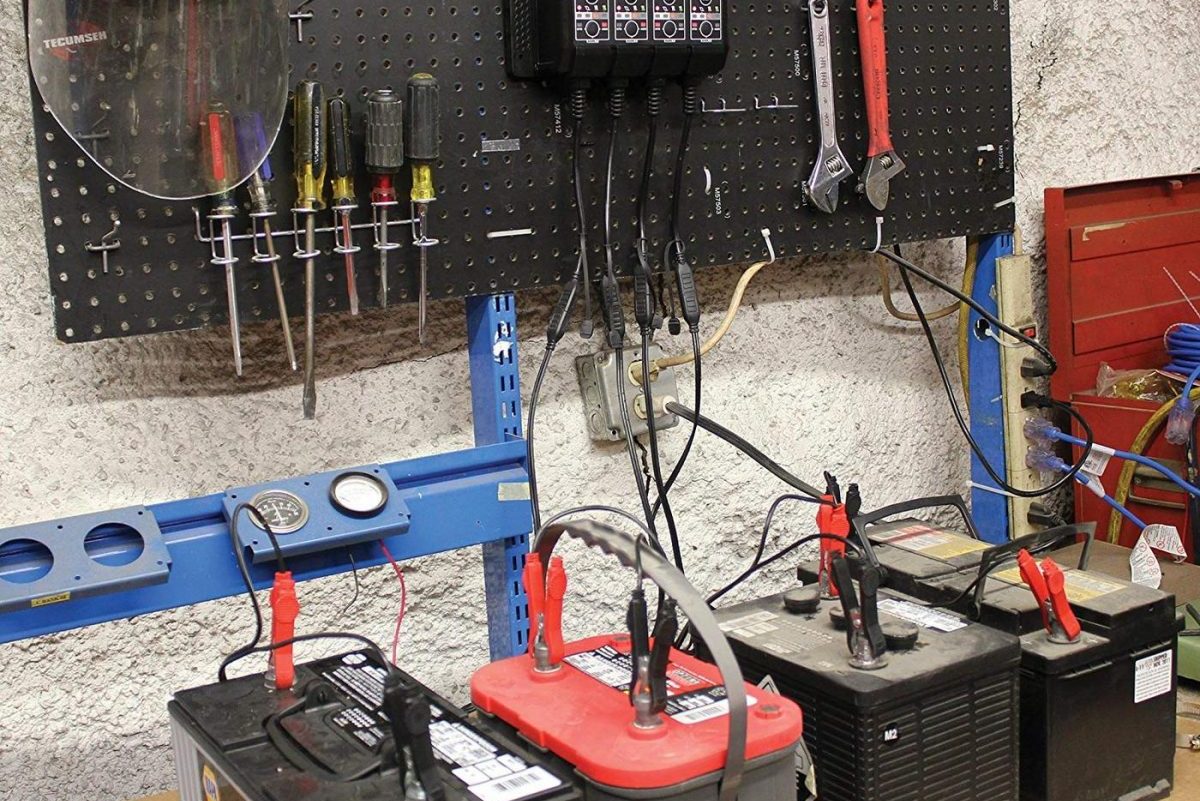A solar battery serves as energy storage since it keeps the excess electricity your solar panels generate during the day. It is a power reserve that you can use at night, at peak hours, and during power outages.
Having solar storage at home is a significant long-term investment for you and your family. So, how long does a solar battery last?
Here are the things you must keep in mind to find out the lifespan of your solar battery:
1. Battery Type
Solar batteries have three different types that are saltwater, lithium-ion, and lead-acid.
- Saltwater
Saltwater batteries do not have heavy metals since they rely on saltwater electrolytes. These are environment-friendly and recyclable.
- Lithium-Ion
Lithium-ion batteries are the ultimate standard for home solar systems since they last longer, are compact, and lighter. These are also cheaper since they have a higher demand than the other battery types.
- Lead-Acid
Lead-acid batteries are used in off-grid energy systems for years. They are the cheapest, but they have a shorter lifespan than lithium batteries.
2. Usage
Usage cycles are one of the significant factors that determine the life expectancy of a solar battery. Fortunately, most solar batteries are deep-cycle batteries, meaning they discharge up to 80% of their stored power before recharging.

3. Temperature
Keep your solar battery at an optimal temperature to make the most of its life span and efficiency. Where you install your solar storage system will make a huge difference in its life expectancy.
4. Warranty
Solar storage manufacturers bring you a plethora of warranties for their products. Find the one that works best for you and your needs. Investing in a product with a comprehensive warranty package is very cost-efficient and practical.
5. Maintenance
Proper maintenance will help your product to last longer than expected. Look for a provider that can give you the cheapest maintenance charges possible.
